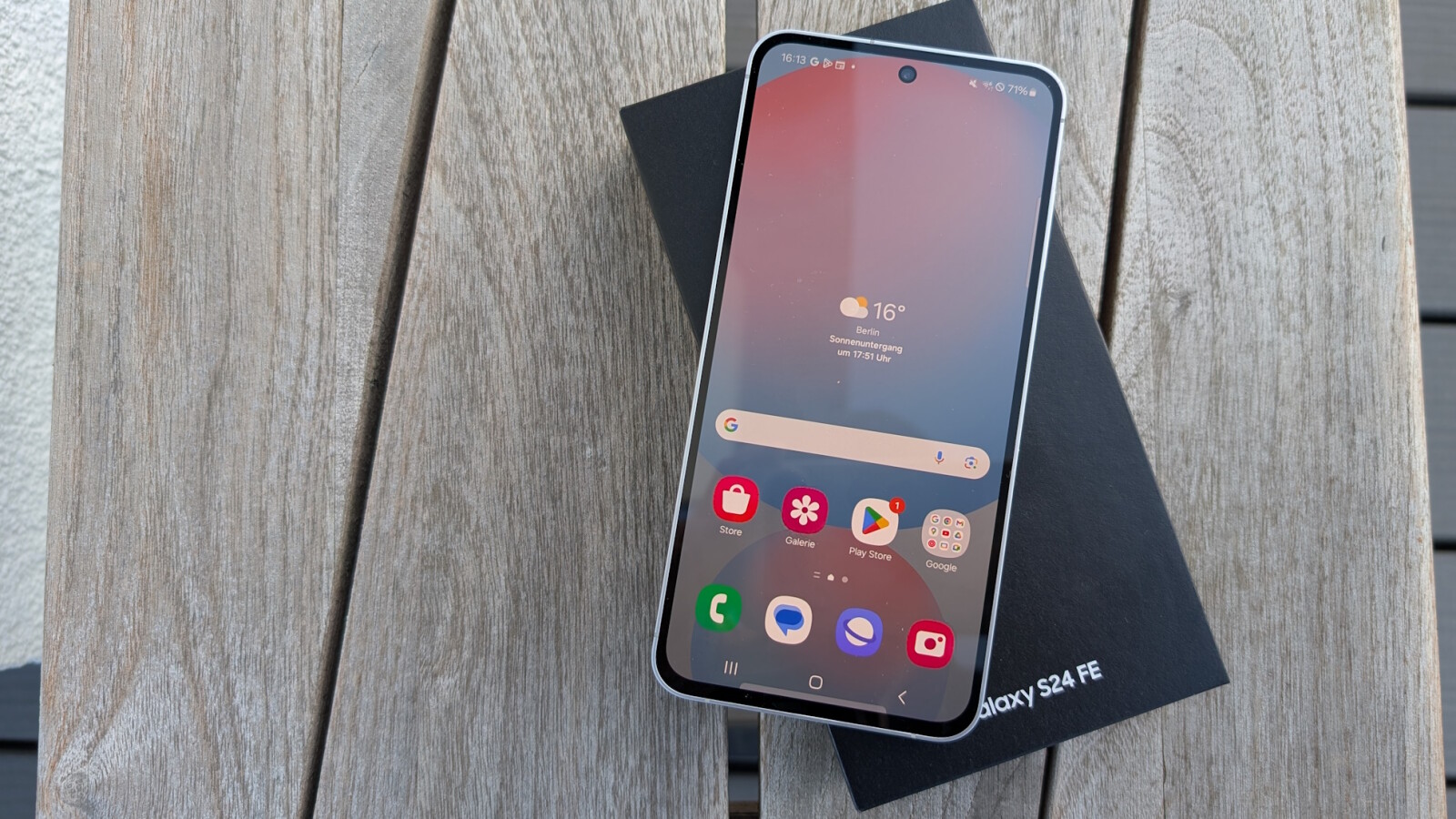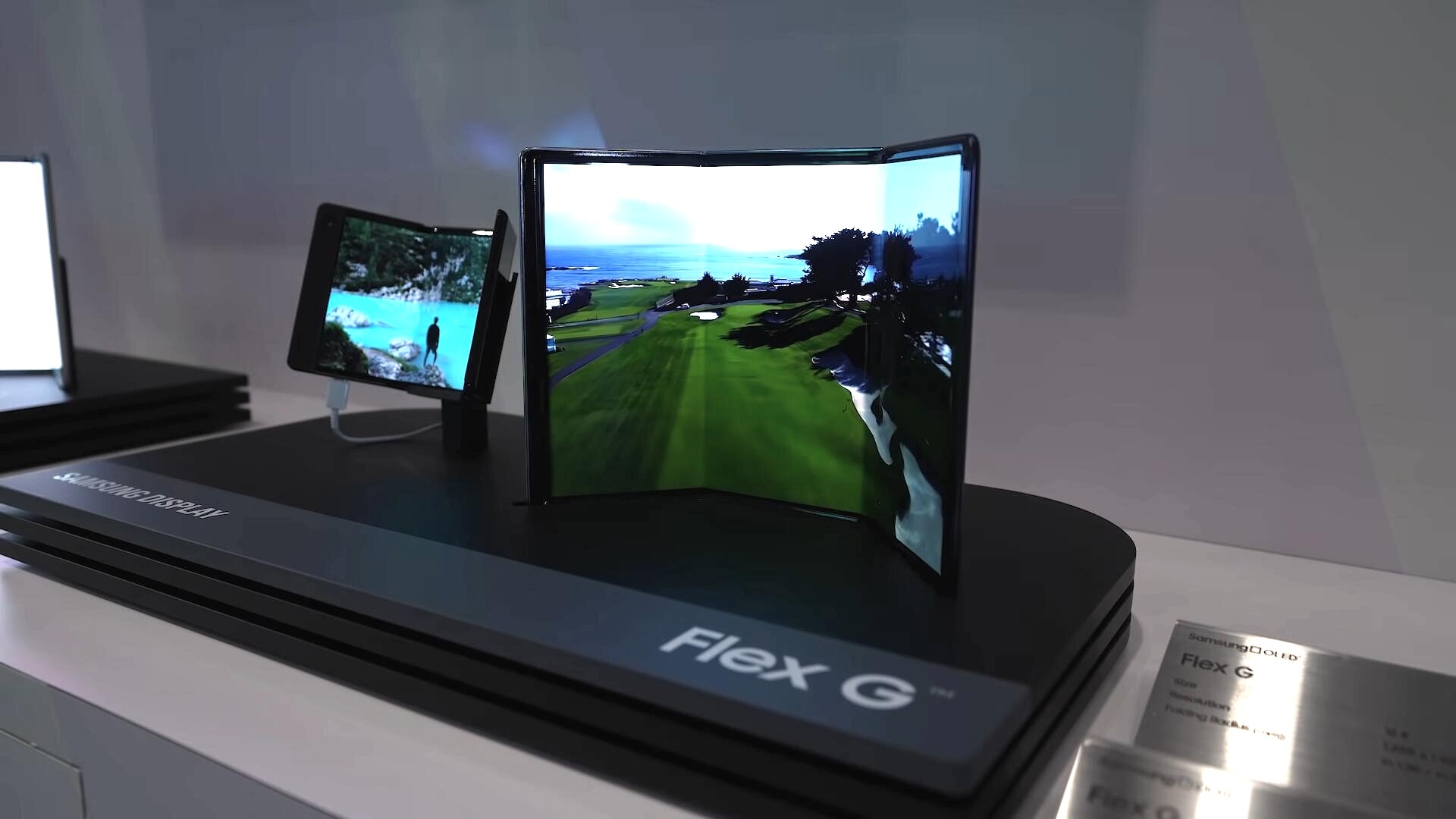news hardware Bye Lightning! Europe mandates USB-C for all chargers
That’s it, it’s official! The European Parliament finally seals the fate of chargers by making USB-C the standard for all manufacturers. A decision that we have been waiting for for a while and that therefore, among other things, causes Apple to change its mind.
After more than a decade of pursuing this idea, the law requiring manufacturers to use a single charger has finally been passed. A single charger for all devices, based on the well-known and no less widespread USB-C connector. Many steps were necessary, but finally the European Parliament accepted with a large majoritythe law needed to make it a reality
Mandatory from 2024, but for which devices?
From the moment the European Parliament adopts a law, it comes into force two years later. For this reason, from the end of 2024, all mobile phones, tablets and cameras within the European Union must be equipped with a USB Type-C connector.. From spring 2026, this obligation will also be extended to laptops.
Which devices are affected?
- Mobile phones
- tablets
- digital cameras
- headphones and headsets
- handheld video game consoles
- portable speakers
- electronic readers
- keyboards
- Mouse
- Geographic Positioning System
- Cord-chargeable laptops with a power supply of no more than 100 watts
The Last Dance of Apple’s Lightning Port
This new European legislation will therefore force manufacturers like Apple to replace their Lightning port (if applicable) via a USB-C port. Note, however, that Apple is already including this port on some of its devices like the MacBook or the iPad – but not yet on the iPhone. From the end of 2024, Apple will be forced to remedy this.


If we do the math, the iPhone 16 should be the last model to benefit from its own system. Since Apple usually unveils its new iPhones in September, the September 2024 iteration would logically be the last authorized one before the “big change”. In fact, the law only applies to new devices (released from January 1, 2025), while the devices already approved for sale are completely legal. However, in order not to wait until the last moment, Apple could very well try to change its mindset before that deadline.
The American giant could also take this new EU law to court to save time. Apple has historically been reluctant to go against the law because it discourages innovation and risks increasing e-waste. According to a report by the European Commission on In 2019, 21% of devices sold in Europe had a Lightning connector.
A few details need to be clarified and the trick is played for USB-C
With this approval of the European Parliament, the law is already being implemented, even if there are administrative processes such as approval by the Council. As of today, the different countries of the European Union now have 12 months to transpose this measure into national law and another 12 months until it comes into force.. It is not excluded that some countries may wish to add additional obligations in this process.
Now that the single charging port problem is solved, The European Commission is already looking to the future and in particular to the issue of wireless charging. The aim is to have created the conditions by the end of 2024 so that the process can start a few years later. This item should therefore represent the next harmonization process for charging our devices.








